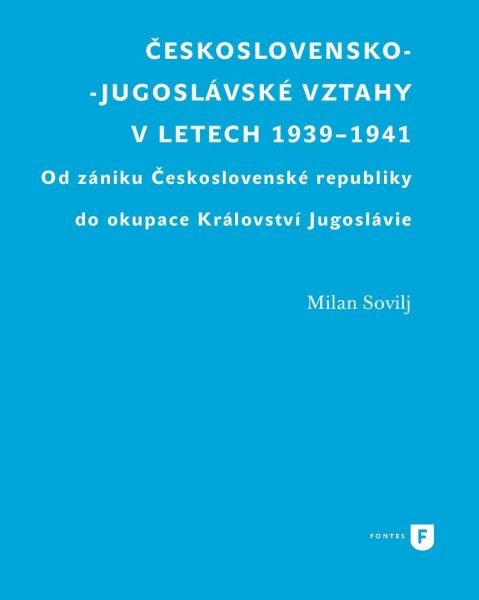 Institute of Contemporary History
Institute of Contemporary History
Ústav pro soudobé dějiny AV ČR, v.v.i.
 Institute of Contemporary History
Institute of Contemporary History
Ústav pro soudobé dějiny AV ČR, v.v.i.
The present study deals with the very difficult Czechoslovak-Yugoslav relations immediately before and at the beginning of WWII. At that time, an independent Czechoslovakia no longer existed, and Yugoslavia was forced to balance between the interests of stronger countries, mainly Germany and Great Britain, in order to save their territory and ensure for its citizens a future without a war. Yugoslavia’s reserved attitude towards the happenings in the Protectorate of Bohemia and Moravia, the establishment of rather formal than friendly and cordial Slovak-Yugoslav relations, the presence of Czechoslovak emigrants in Yugoslavia, the absence of any intervention by Yugoslav bodies against the activities of the members of Czech and Slovak minorities against the Protectorate, Slovakia, and Germany, and, finally, the negative Yugoslav attitude towards the state of Slovakia – this all constituted a complex and colourful world of Czechoslovak-Yugoslav relations in 1939–1941. This subject has not yet been studied in detail in the Czech Republic and abroad.
SOVILJ, Milan. Československo-jugoslávské vztahy v letech 1939–1941: od zániku Československé republiky do okupace Království Jugoslávie. Praha: Filozofická fakulta Univerzity Karlovy, 2016. 350 s. ISBN 978-80-7308-686-2.
